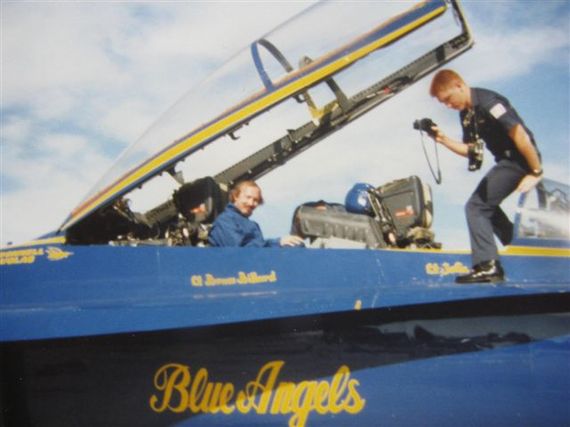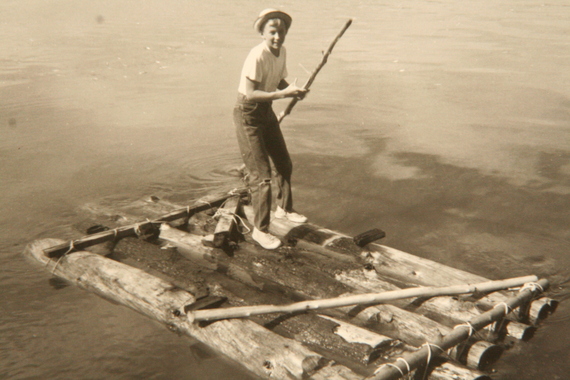The more granular you go, the bigger the universe. The meander is the beeline of poets, and we are all poets in some stage of reduction, unwinding the path, like a mountain trail to a spring. And the more we see the more we realize we have yet to see, the paradox of plenty.
William Blake presaged the movement in “Auguries of Innocence” when he wrote: “To see a world in a grain of sand, And a heaven in a wild flower. To hold infinity in the palm of your hand, And eternity in an hour.”
Slow Food, of course, is the international movement founded by Carlo Petrini in 1986. Promoted as an alternative to fast food, it strives to preserve traditional and regional cuisine and encourages farming of plants, seeds and livestock characteristic of the local ecosystem.
We didn’t name what we offered in the travel space as “slow,” though that was the nature of how we designed and conducted travel, and now it has a proper designation, which is exciting. Today slow travel is an emerging movement, and can be applied in many ways, but I would boil it down to this: Slow travel is the deliberate deceleration of a journey so that the small looms large, the particle becomes profound, and the blood races with the adventure and discovery of the Amazon in every dewdrop, the Everest in every trail stone, the Redwoods in every swath of grass, and the galaxy within every snowflake.
Slow travel can be applied to any journey, as it is more about the noticing and absorption of all the available input, rather than the pacing. There have been movements when I was crashing through a major rapid when, as in a snapshot, I would freeze the world and drink in all the details, and then allow a mindful interpretation over time.
Slow adventure involves risk… the risk of discovering truth and meaning through examination. It’s not really a juxtaposition of active and passive, or rabbit and tortoise. You can choose any adventure, which often means an experience that ushers beyond a comfort zone, and fashion it to slow adventure just by opening eyes, arms and hearts a bit wider, and letting the delights, as well as the inconvenient, pour in.
I began my professional career as a river guide on the Colorado River through the Grand Canyon, and was then a card-carrying member in the cult of adrenaline. But with time I discovered that as many, if not more, thrills can be had by hazarding the mountains of mind, the incognita coordinates of the spirit, all of which are accessed through the legwork of the lingerer on the negligible trail.


